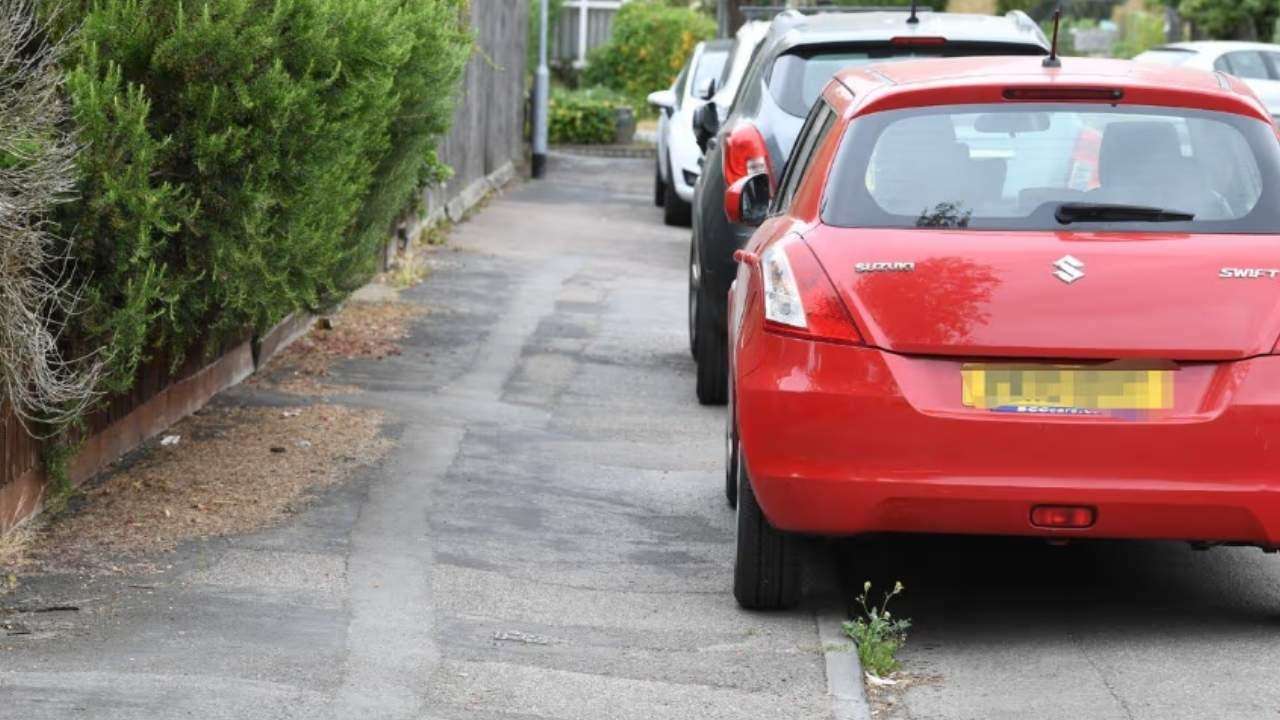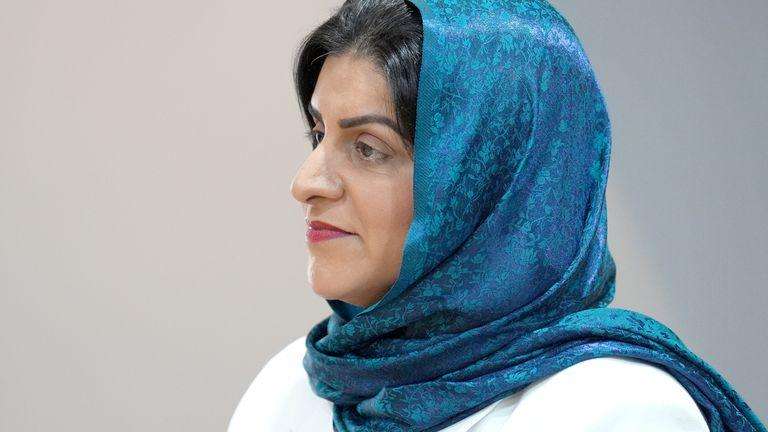Refugee status in the UK is set to become temporary under radical reforms that Home Secretary Shabana Mahmood will announce on Monday, marking one of the most significant overhauls to Britain’s asylum system in decades.The UK plans to make refugee status temporary, moving away from the current system where asylum seekers typically gain a five-year grant of leave to remain with a path to indefinite leave to remain and citizenship. This radical shift, modeled on the Danish system, is expected to be announced shortly by the Home Secretary and will introduce a policy where refugee status is temporary and subject to regular review, leading to removal as soon as their home country is deemed safe to return to, thereby making the UK less attractive to irregular migrants. Furthermore, the expansion of these reforms is expected to include greater restrictions on refugee family reunification rights and potentially longer qualifying periods (e.g., from five to ten years) before any permanent settlement can be applied for, alongside requirements for successful applicants to "earn" their right to remain through criteria such as high English language proficiency, a clean criminal record, and community volunteering.
The new policy—modelled closely on Denmark’s restrictive framework—will end the long-standing principle that refugees granted protection in the UK can eventually settle permanently. Instead, refugee status will be granted on a temporary basis, with periodic reviews to determine whether it remains safe to return individuals to their home countries.
A Shift Aimed at Deterrence
Under current rules, refugees are granted five years of leave to remain before becoming eligible to apply for indefinite leave and, ultimately, British citizenship. Mahmood’s proposal would dismantle this pathway, replacing it with a more conditional form of protection.
In a social media video promoting the announcement, Mahmood said:
“We will always be a country that gives sanctuary to people who are fleeing danger, but we must restore order and control.”
She described the impending policy shift as “the most significant changes to our asylum system in modern times.”
A senior ally within the Home Office echoed this sentiment, arguing that the reforms address a longstanding issue:
“Today, becoming a refugee equals a lifetime of protection in Britain. Mahmood will change that, making refugee status temporary and subject to review. The moment your home country is safe to return to, you will be removed.”
Rising Arrivals Despite EU Decline
The Home Secretary sharply criticised the previous government for failing to tackle rising irregular migration, accusing it of wasting years and substantial public funds on the now-scrapped £700 million Rwanda removal scheme.
According to the latest Home Office data, 39,075 people have crossed the Channel into the UK so far this year—a 19% increase from the same period in 2024 and a 43% rise compared with 2023. While still below the record levels of 2022, the surge bucks the trend seen elsewhere in Europe, where asylum applications have fallen.
Additional reforms expected to be unveiled include new instructions for judges to place public safety considerations above migrants’ rights to family life or concerns over possible “inhuman” treatment upon return—an approach reportedly inspired by suggestions within the judiciary and heavily backed by the government.
Officials are also examining Denmark’s stricter rules on family reunification, which have contributed to dramatically reduced asylum acceptance rates there.
Concerns Over Integration and Human Impact
While Denmark’s model is cited as an example of effective deterrence—with the number of successful asylum claims at a 40-year low and a 95% deportation rate for rejected applicants—critics warn that its human cost is high.
Enver Solomon, Chief Executive of the Refugee Council, said the UK risks repeating Denmark’s mistakes.
“These sweeping changes will not deter people from making dangerous crossings, but they will unfairly prevent men, women and children from putting down roots and integrating into British life,” he said.
Solomon argued that temporary protection leaves refugees living in uncertainty, hindering their ability to rebuild their lives and contribute meaningfully to their new communities.
“When refugees are not stuck in limbo, they feel a greater sense of belonging, as full members of their new communities with a stable future for themselves, their children and generations to come.”
He warned that the proposed reforms could deepen the Home Office’s existing backlog and create further administrative complications.
A Defining Political Fight Ahead
As the government prepares to present its full asylum reform package, the move is expected to ignite fierce political and legal debates. Rights groups are preparing opposition, while some MPs within the governing party have praised the proposals as overdue.
Shabana Mahmood is set to discuss the reforms further on Sunday Morning with Trevor Phillips at 8:30am, ahead of Monday’s formal policy announcement.








.svg)
